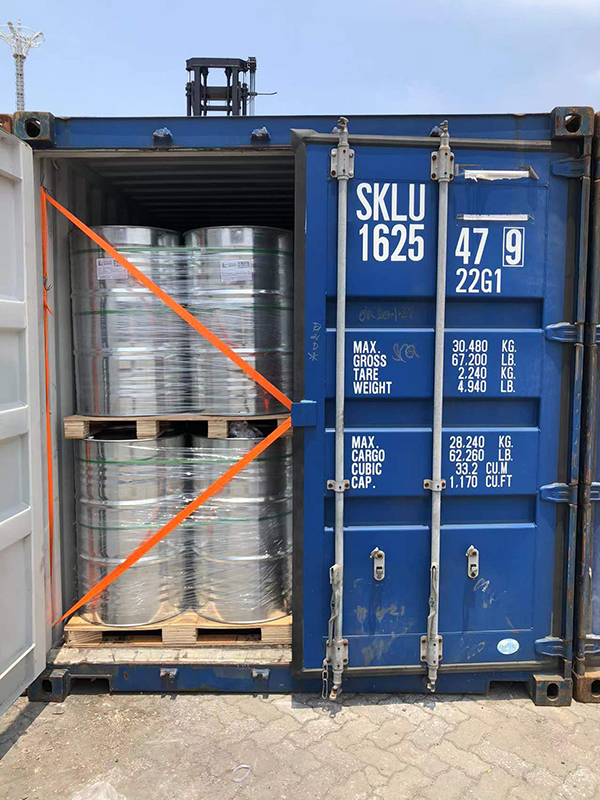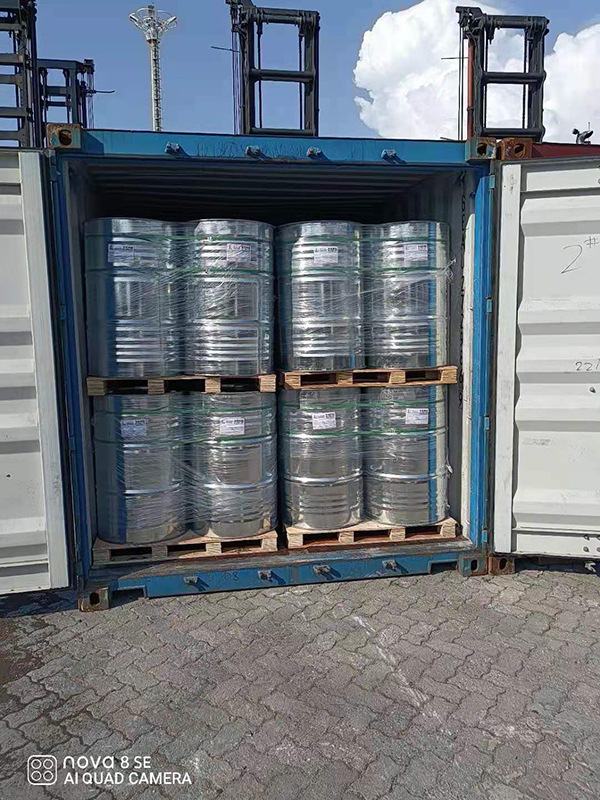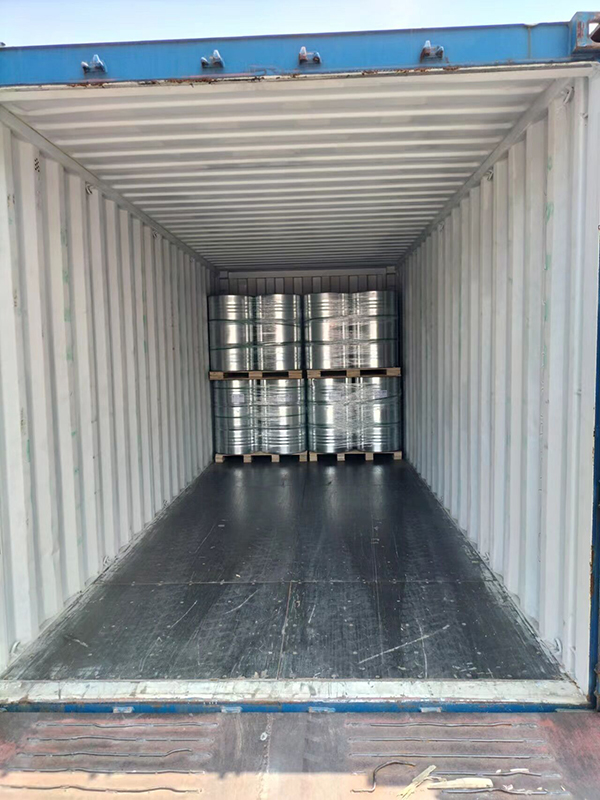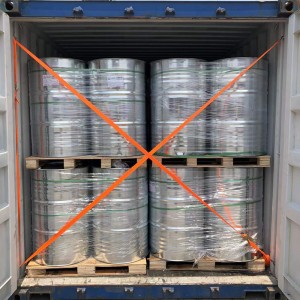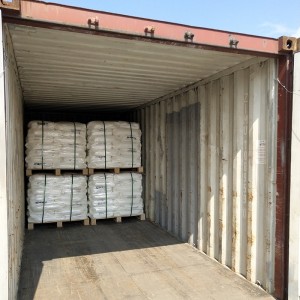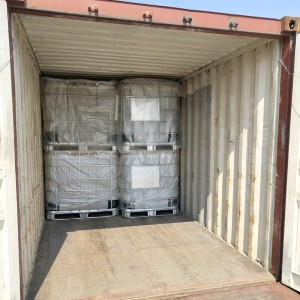Bisphenol A Liquid Epoxy Resin
Bisphenol A Liquid Epoxy Resin
It is a type of colorless or yellowish liquid epoxy resin. Due to its special properties, it is mainly used in coating, adhesive, anticorrosion, electric insulation, laminated plates and potting fields. It is also used as the raw material for the production of high-end epoxy resin.
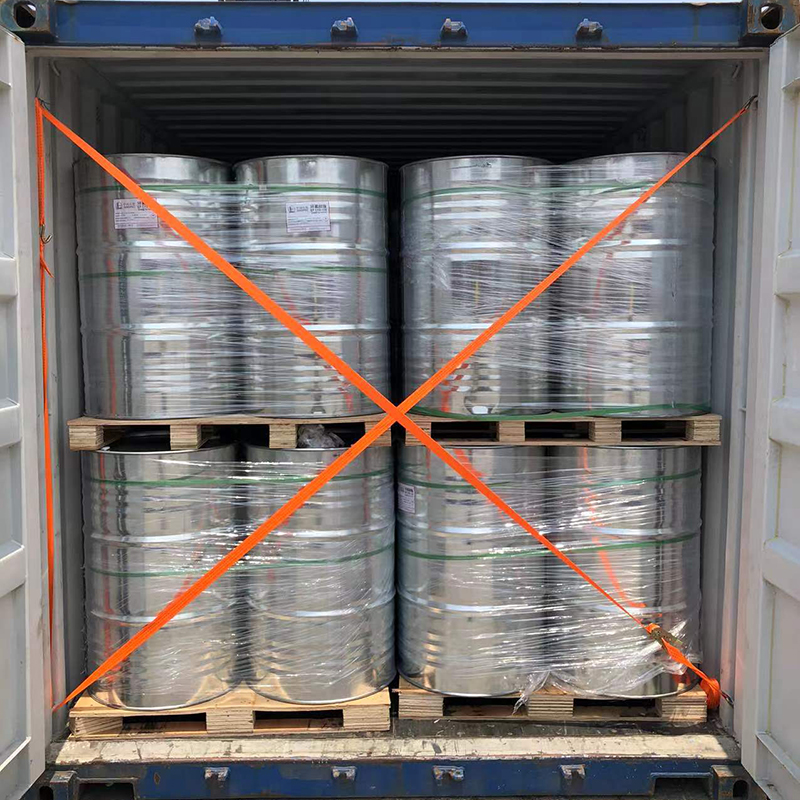
TDS- Technical data sheet
| Brand | Epoxy equivalent (g/mol) |
Hydrolysable chlorine,wt%≤ |
Viscosity (mPa.s25℃) |
Volatile, wt%≤ |
Color (Platinum-cobalt)≤ |
| CYD-127 | 180~190 | 0.1 | 8000~11000 | 0.2 | 25 |
| CYD-127E | 180~186 | 0.035 | 10000~13000 | 0.2 | 25 |
| CYD-128 | 184~194 | 0.1 | 11000~14000 | 0.2 | 25 |
| CYD-128D | 186~190 | 0.035 | 12000~16000 | 0.2 | 25 |
| CYD-128E | 184~194 | 0.02~0.04 | 11000~14000 | 0.2 | 25 |
| CYD-128Y | 187~193 | 0.1 | 12000~15000 | 0.2 | 25 |
| CYD-128S | 205~225 | 1.80~2.40 | 19000~24000 | 0.2 | 25 |
| CYD-115 | 180~194 | 0.1 | 700~1100 | 10 | 25 |
| CYD-115C | 195~215 | 1.70~2.00 | 800~1600 | 12 | 25 |
| CYD-188 | 187~189 | 0.028 | 12500~14300 | 0.2 | 25 |
TDS- Technical data sheet
| Brand | Epoxy equivalent(g/mol) |
Hydrolysable chlorine,wt%≤ |
Inorganic chlorine,wt%≤ |
Softeningpoint(℃) | Volatile, wt%≤ | Color (Gardner)≤ |
| E-44 | 210~240 | 0.3 | 0.018 | 14~23 | 0.6 | 0.2 |
| E-42 | 230~280 | 0.3 | 0.01 | 21~27 | 0.6 | 0.2 |
| E-39D | 240~256 | 0.04 | 0.002 | 24~29 | 0.5 | 0.2 |
Epoxy resins, most of which are made from bisphenol A, are essential to modern life, public health, efficient manufacturing, and food safety. They are used in a wide array of consumer and industrial applications because of their toughness, strong adhesion, chemical resistance, and other specialized properties. Used in products we rely on every day, epoxy resins are found in cars, boats, and planes, and as components in fiber optics and electrical circuit boards. Epoxy linings create a protective barrier in
metal containers to prevent canned foods from becoming spoiled or contaminated with bacteria or rust. Wind turbines, surfboards, composite materials holding up your house, even the frets on a guitar — all benefit from the durability of epoxies.

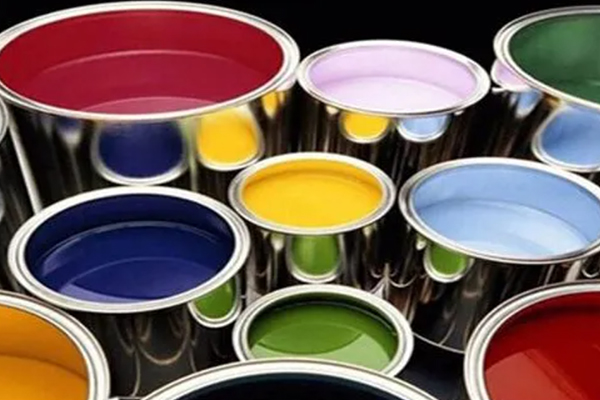
Wind Energy
• Wind turbine rotor blades are frequently made from epoxies. The high strength per weight of epoxies makes them ideal ingredients for turbine blades, which must be extremely strong and durable, but also lightweight.
Electronics
• Epoxy resins are great insulators and are used to keep motors, transformers, generators and switches clean, dry, and free of shorts. They also are used in various types of circuits and transistors, and on printed circuit boards. They can also be manufactured to conduct electricity, or to exhibit any number of other attributes that might be required in sophisticated electronics such as hot/cold thermal shock resistance, physical flexibility, or the ability to self-extinguish in case of fire.
Paints and Coatings
• Water-based epoxy paints dry quickly, providing a tough, protective coating. Their low volatility and clean-up with water make them useful for factory cast iron, cast steel, and cast aluminum applications, with far less risk from exposure or flammability than alternatives based on organic solvents.
• Other types of epoxies are used as powder coats for washers, dryers, and other household appliances. Steel pipes and fittings used to transport oil, gas, or drinking water are protected from corrosion by epoxy coatings. These coatings are also widely used as primers to improve the adhesion of automotive and marine paints, especially on metal surfaces where rust resistance is important.
• Metal cans and containers are often coated with epoxy to prevent corrosion, especially when intended for acidic foods. In addition, epoxy resins are used for high performance and decorative flooring, such as terrazzo flooring, chip flooring, and colored aggregate flooring.
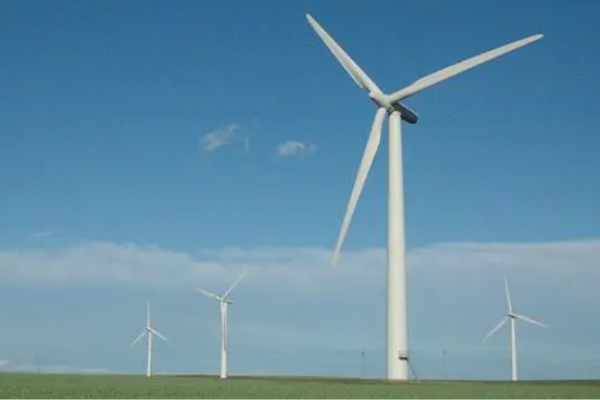

Wind Energy
• Wind turbine rotor blades are frequently made from epoxies. The high strength per weight of epoxies makes them ideal ingredients for turbine blades, which must be extremely strong and durable, but also lightweight.
Electronics
• Epoxy resins are great insulators and are used to keep motors, transformers, generators and switches clean, dry, and free of shorts. They also are used in various types of circuits and transistors, and on printed circuit boards. They can also be manufactured to conduct electricity, or to exhibit any number of other attributes that might be required in sophisticated electronics such as hot/cold thermal shock resistance, physical flexibility, or the ability to self-extinguish in case of fire.
Paints and Coatings
• Water-based epoxy paints dry quickly, providing a tough, protective coating. Their low volatility and clean-up with water make them useful for factory cast iron, cast steel, and cast aluminum applications, with far less risk from exposure or flammability than alternatives based on organic solvents.
• Other types of epoxies are used as powder coats for washers, dryers, and other household appliances. Steel pipes and fittings used to transport oil, gas, or drinking water are protected from corrosion by epoxy coatings. These coatings are also widely used as primers to improve the adhesion of automotive and marine paints, especially on metal surfaces where rust resistance is important.
• Metal cans and containers are often coated with epoxy to prevent corrosion, especially when intended for acidic foods. In addition, epoxy resins are used for high performance and decorative flooring, such as terrazzo flooring, chip flooring, and colored aggregate flooring.
